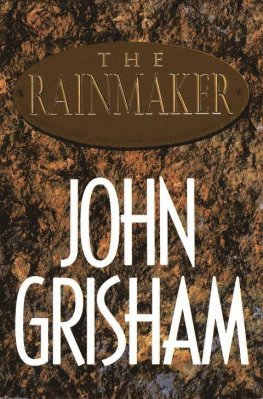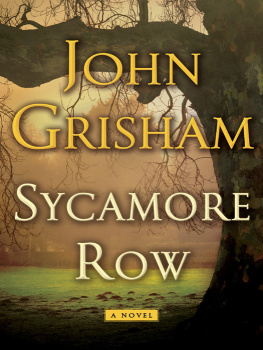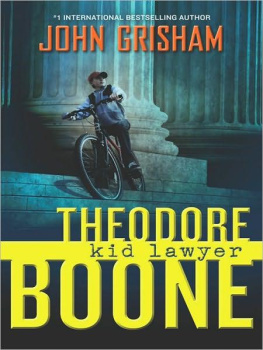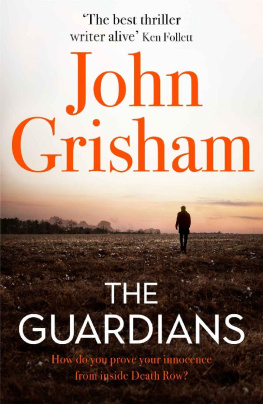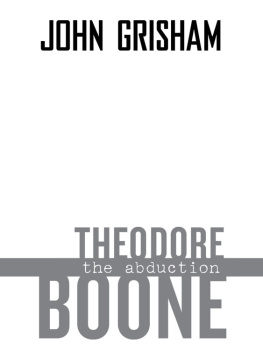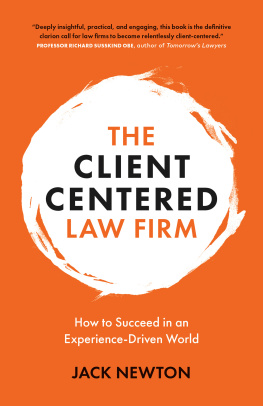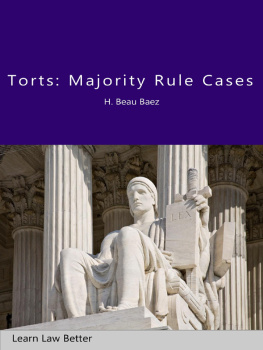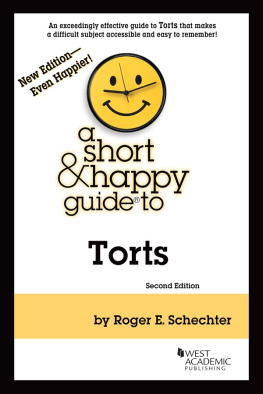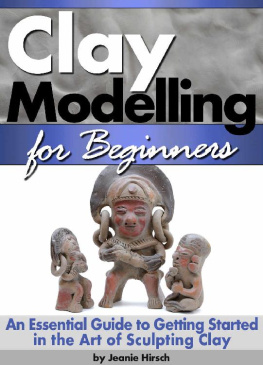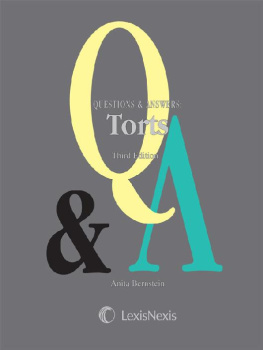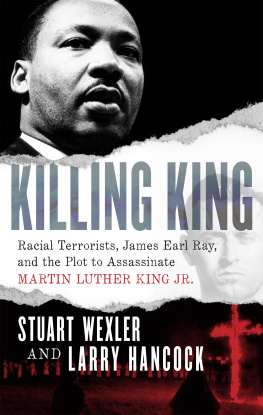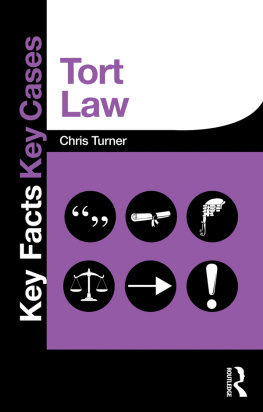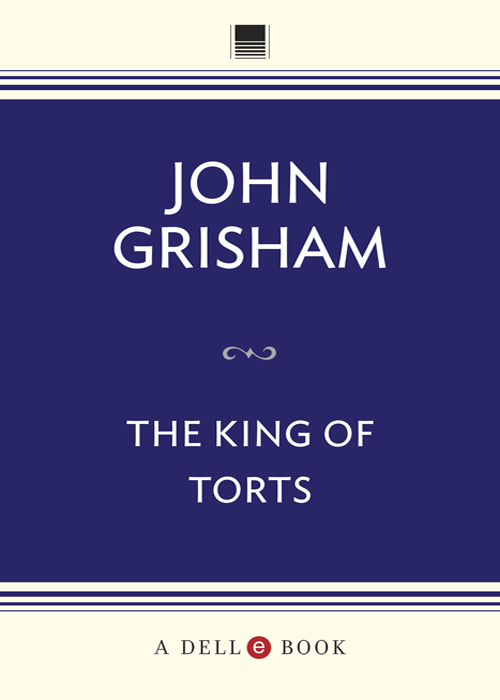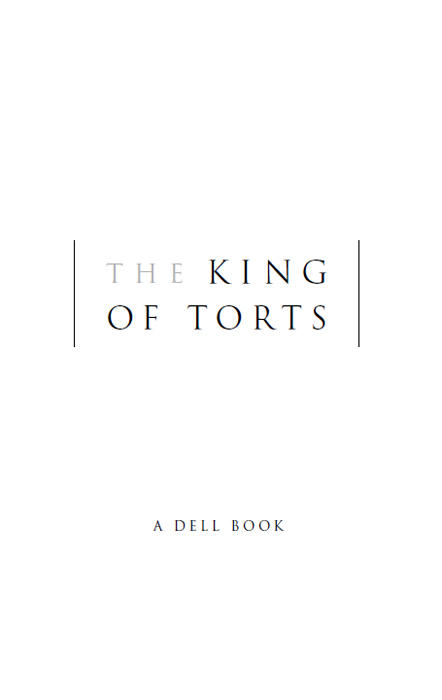A UTHORS N OTE
It is here that authors often submit massive disclaimers in an effort to cover their rears and, hopefully, avoid liability. There is always the temptation to simply create a fictional place or entity rather than research the real ones, and I confess I would rather do almost anything than verify details. Fiction is a marvelous shield. Its very easy to hide behind. But when it ventures near the truth, it needs to be accurate. Otherwise, the author needs a few lines in this space.
The Public Defender Service in Washington, D.C., is a proud and vibrant organization that has zealously protected the indigent for many years. Its lawyers are bright, committed, and very tight-lipped. Downright secretive. Its inner workings remain a mystery, so I simply created my own Office of the Public Defender. Any resemblance between the two is purely coincidental.
Mark Twain said he often moved cities, counties, and even entire states when necessary to help a story along. Nothing gets in my way either. If I cant find a building, then Ill construct one on the spot. If a street does not fit on my map, then I wont hesitate to either move it or draw a new map. I would guess that about half the places in this book are described somewhat correctly. The other half either dont exist or have been modified or relocated to such an extent that no one would recognize them. Anyone looking for accuracy is wasting time.
Thats not to say I dont try. My idea of research is frantically working the telephone as the deadline draws near. I leaned on the following people for advice, and its here that I thank them: Fritz Chockley, Bruce Brown, Gaines Talbott, Bobby Moak, Penny Pynkala, and Jerome Davis.
Renee read the rough draft and didnt fling it at mealways a good sign. David Gernert picked it to pieces, then helped me put it together again. Will Denton and Pamela Creel Jenner read it and offered salient advice. When I had written it for the fourth time and everything was correct, Estelle Laurence read it and found a thousand mistakes.
All of the above were eager to help. The mistakes, as always, are mine.
Table of Contents
C HAPTER 1
The shots that fired the bullets that entered Pumpkins head were heard by no less than eight people. Three instinctively closed their windows, checked their door locks, and withdrew to the safety, or at least the seclusion, of their small apartments. Two others, each with experience in such matters, ran from the vicinity as fast if not faster than the gunman himself. Another, the neighborhood recycling fanatic, was digging through some garbage in search of aluminum cans when he heard the sharp sounds of the daily skirmish, very nearby. He jumped behind a pile of cardboard boxes until the shelling stopped, then eased into the alley where he saw what was left of Pumpkin.
And two saw almost everything. They were sitting on plastic milk crates, at the corner of Georgia and Lamont in front of a liquor store, partially hidden by a parked car so that the gunman, who glanced around briefly before following Pumpkin into the alley, didnt see them. Both would tell the police that they saw the boy with the gun reach into his pocket and pull it out; they saw the gun for sure, a small black pistol. A second later they heard the shots, though they did not actually see Pumpkin take them in the head. Another second, and the boy with the gun darted from the alley and, for some reason, ran straight in their direction. He ran bent at the waist, like a scared dog, guilty as hell. He wore red-and-yellow basketball shoes that seemed five sizes too big and slapped the pavement as he made his getaway.
When he ran by them he was still holding the gun, probably a .38, and he flinched just for an instant when he saw them and realized they had seen too much. For one terrifying second, he seemed to raise the gun as if to eliminate the witnesses, both of whom managed to flip backward from their plastic milk crates and scramble off in a mad flurry of arms and legs. Then he was gone.
One of them opened the door to the liquor store and yelled for someone to call the police, there had been a shooting.
Thirty minutes later, the police received a call that a young man matching the description of the one who had wasted Pumpkin had been seen twice on Ninth Street carrying a gun in open view and acting stranger than most of the people on Ninth. He had tried to lure at least one person into an abandoned lot, but the intended victim had escaped and reported the incident.
The police found their man an hour later. His name was Tequila Watson, black male, age twenty, with the usual drug-related police record. No family to speak of. No address. The last place hed been sleeping was a rehab unit on W Street. Hed managed to ditch the gun somewhere, and if hed robbed Pumpkin then hed also thrown away the cash or drugs or whatever the booty was. His pockets were clean, as were his eyes. The cops were certain Tequila was not under the influence of anything when he was arrested. A quick and rough interrogation took place on the street, then he was handcuffed and shoved into the rear seat of a D.C. police car.
They drove him back to Lamont Street, where they arranged an impromptu encounter with the two witnesses. Tequila was led into the alley where hed left Pumpkin. Ever been here before? a cop asked.
Tequila said nothing, just gawked at the puddle of fresh blood on the dirty concrete. The two witnesses were eased into the alley, then led quietly to a spot near Tequila.
Thats him, both said at the same time.
Hes wearing the same clothes, same basketball shoes, everything but the gun.
Thats him.
No doubt about it.
Tequila was shoved into the car once again and taken to jail. He was booked for murder and locked away with no immediate chance of bail. Whether through experience or just fear, Tequila never said a word to the cops as they pried and cajoled and even threatened. Nothing incriminating, nothing helpful. No indication of why he would murder Pumpkin. No clue as to their history, if one existed at all. A veteran detective made a brief note in the file that the killing appeared a bit more random than was customary.
No phone call was requested. No mention of a lawyer or a bail bondsman. Tequila seemed dazed but content to sit in a crowded cell and stare at the floor.
__________
P UMPKIN HAD no traceable father but his mother worked as a security guard in the basement of a large office building on New York Avenue. It took three hours for the police to determine her sons real nameRamn Pumphreyto locate his address, and to find a neighbor willing to tell them if he had a mother.
Adelfa Pumphrey was sitting behind a desk just inside the basement entrance, supposedly watching a bank of monitors. She was a large thick woman in a tight khaki uniform, a gun on her waist, a look of complete disinterest on her face. The cops who approached her had done so a hundred times. They broke the news, then found her supervisor.


